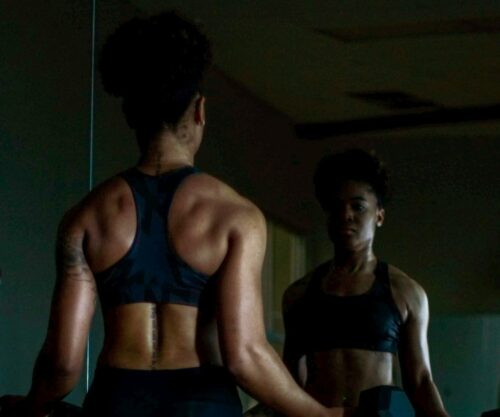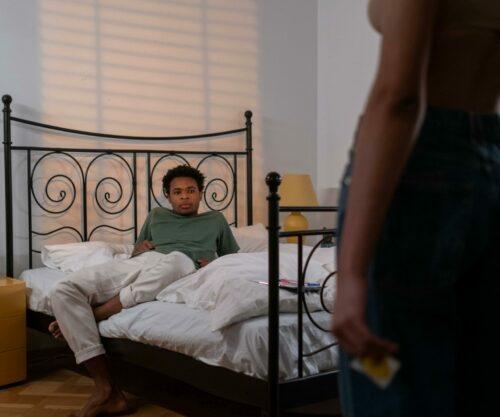
It’s 11:45 p.m. and you’re still doomscrolling on your phone, squinting through tired eyes and promising yourself “just five more minutes.” If your screen time has outlasted your skincare routine, chances are someone’s already recommended anti-blue light glasses—and not just as a trendy accessory.
These specs, which claim to filter out the blue light emitted by screens, have become a hot topic in the self-care space. However, are they really necessary, or just another wellness fad? According to Harvard Health Publishing, blue light can suppress melatonin, the hormone responsible for sleep, potentially disrupting your sleep cycle. If you’re a night owl with a Netflix habit, that’s something to think about.
What’s more, the reports suggest that excessive screen time may contribute to digital eye strain. Symptoms include dry eyes, headaches, and that ever-familiar “I’ve been staring at this Zoom call for hours” feeling. While anti-blue light glasses won’t cure your vision, some studies referenced by WebMD suggest they can reduce eye strain and improve comfort, especially during long hours at a computer.
For people who are increasingly living and working online, they’re gaining traction. Local optometry retailers have seen growing demand, with some even offering stylish frames tailored to digital work.
Still, don’t expect miracles. The key is balance: take screen breaks (the 20-20-20 rule works wonders), dim your screen at night, and blink—seriously, we all forget. Whether you choose to rock blue light blockers or not, it’s clear that protecting your peepers in the digital age is more than just eyewear deep.
Besides, if you can look chic while reducing eye strain, isn’t that a win-win?
Also see: How to navigate high-functioning anxiety




